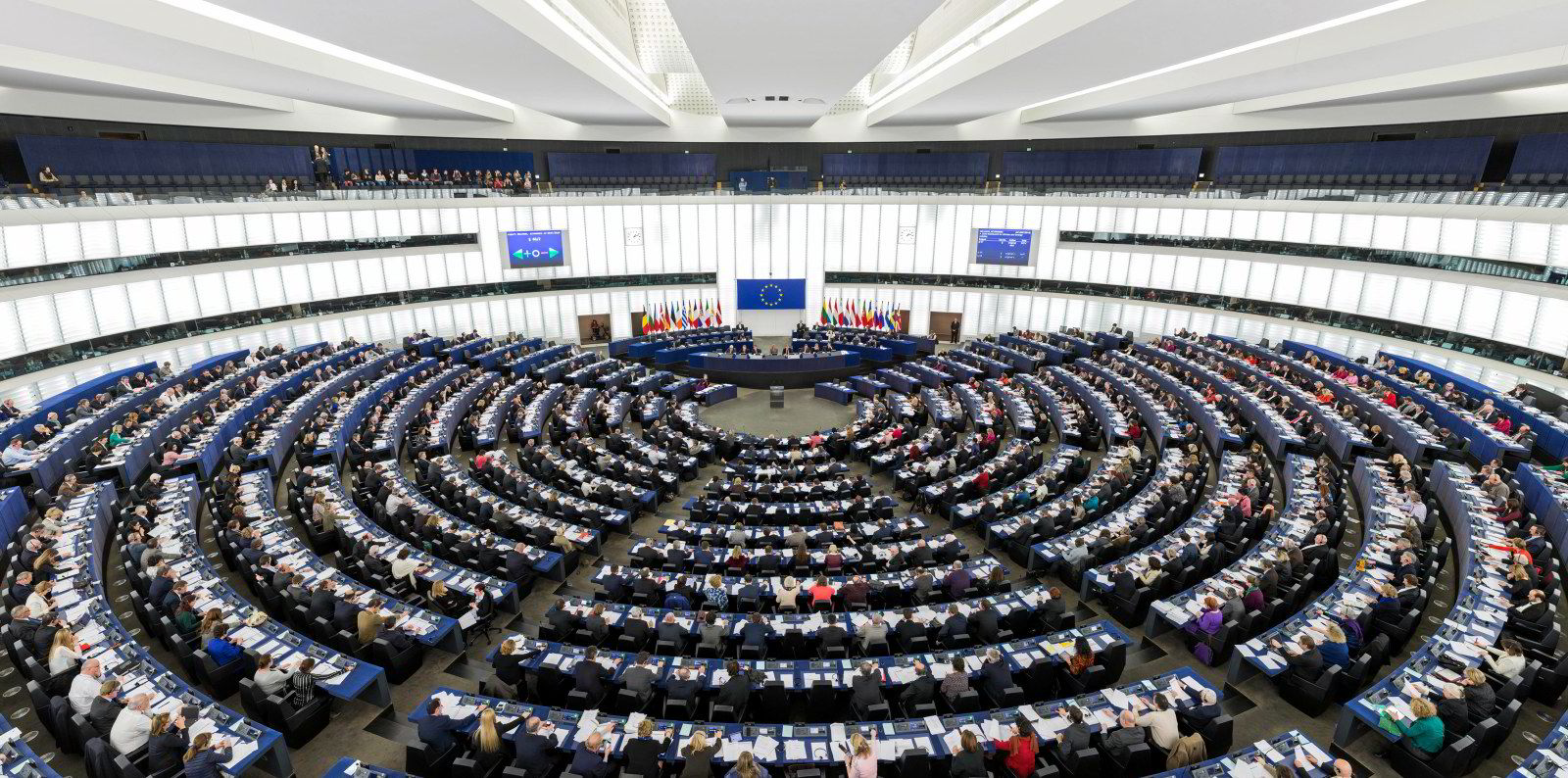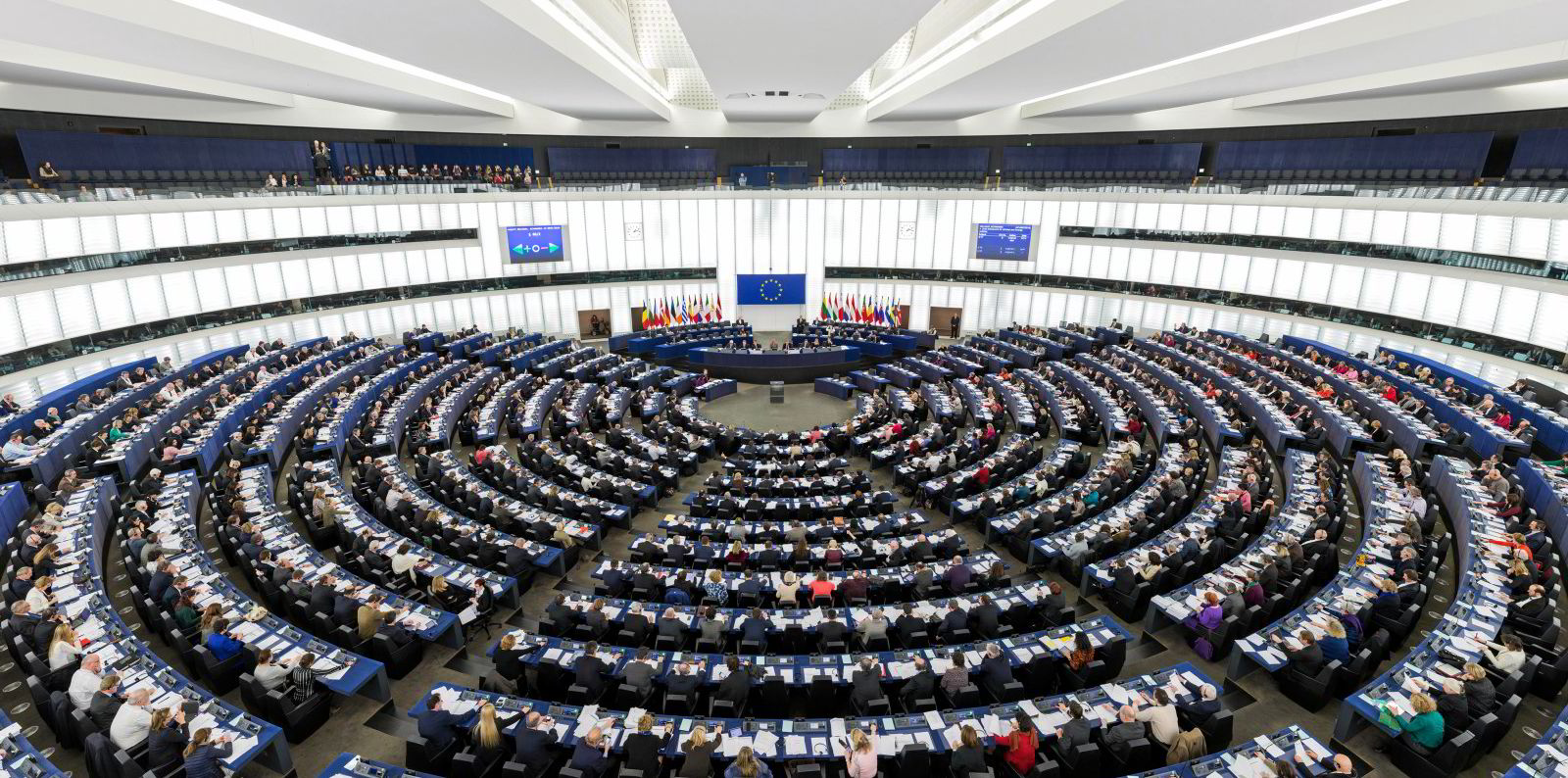Big container ship companies represented in the World Shipping Council (WSC) have strongly come out against proposals that would put them, instead of shipowners, on the hook for carbon costs under the European Union’s emissions trading system (EU ETS).
Shipping is set to be included in the EU ETS from next year and the bloc’s institutions are currently in talks to finalise legislation to that effect.
As part of its internal legislative process, the European Parliament’s rapporteur on the matter proposed on 14 January amendments to the initial text tabled last year by the European Commission — another EU institution.
As reported by TradeWinds, the rapporteur’s proposals include language that increase charterers’ liability for emission costs.
The draft legislation originally tabled by the EC last year states rather vaguely that entities other than shipping companies “such as the manager or the bareboat charterer” can be directly responsible for the “choice of fuel, route and speed” of a ship and can therefore be held liable for emission trading costs “by means of a contractual agreement”.
European Parliament rapporteur Peter Liese, the German conservative EU lawmaker in charge of drafting parliament’s counterproposal to the legislation, went much further in highlighting charterers’ potential liability.
Liese widened the definition of what constitutes a shipping company even further to include a vessel's “time charterer”. He also said that “a binding clause” should be introduced in charter arrangements “for the purpose of passing on the costs ... [to] the entity that is ultimately responsible for the decisions affecting the CO2 emissions of a ship”.
In an explanatory note attached to the legislation he proposes, Liese said “the commercial operator should be the final [party] responsible for the payment of the EU ETS price”.
‘Corrupting’ the ETS
This is nothing new in the European Parliament’s stance and is in line with the position lawmakers have already taken in talks to revise the EU’s Monitoring, Reporting and Verification (MRV) system — the scheme that forms the basis under which shipping is included in the ETS.
Liese’s stance still drew ire from the WSC, whose members account for 90% of the industry’s capacity including giants such as AP Moller-Maersk and Cosco.
The European Parliament’s widened definition of what constitutes a shipping company “would corrupt the ETS”, the WSC said in a statement.

While acknowledging that shipowners and operators “share responsibility for decarbonisation”, the WSC said in its statement that the parliament’s position goes too far in the favour of shipowners.
The proposed amendments are intended to “shield shipowners from ETS costs”, the WSC said, expressing the view that it is shipowners “who control the pace of shipboard technology innovation”.
“One cannot decarbonise shipping without addressing the ship itself,” WSC president and chief executive John Butler said in the statement.
The European Parliament’s proposal not only spares shipowners but would even subsidise them through a parallel proposal for an “Ocean Fund” that would earmark at least 75% of the EU ETS’ proceeds for decarbonisation research.

“This would corrupt the whole idea of the ETS, changing it from a ‘polluter-pays’ policy to a system where the ‘polluter-gets-paid’,” the WSC said.
The Ocean Fund idea is a long-standing parliament proposal that would make sure that any proceeds from the ETS would be ploughed back into maritime research rather than subsidise non-shipping interests.
Shipowners and some governments, notably from Greece, Europe’s biggest shipowning nation, have supported the idea.
Turning the screws
WSC and shipowners are more in tune with criticising other European Parliament ideas, notably extending the scope of the EU ETS to cover all, and not just half, of maritime emissions from voyages in and out of the EU if the International Maritime Organization does not agree on a Paris Agreement-compliant carbon measure by October 2028.
In its drive to turn the screws on the IMO — whose decarbonisation efforts Liese describes as “disappointing” so far — the European Parliament also wants the EU to seek bilateral agreements with third countries to impose carbon costs on 100% of maritime emissions in voyages between them.
This proposal “would undermine progress” towards global greenhouse gas policy at both the EU and IMO, and push shipping players to shun EU ports, the WSC said.
The European Parliament is set to vote on the rapporteur’s proposals in the summer. Final legislation is subject to changes by EU governments in the European Council.
Liese has also proposed to shorten the transition period for the full introduction of the ETS by a year to 2025 and to include methane emissions into emissions counting.



